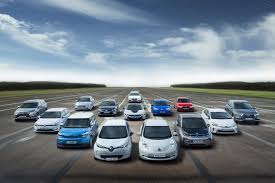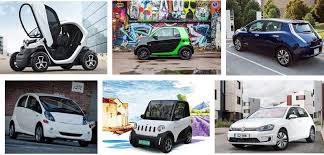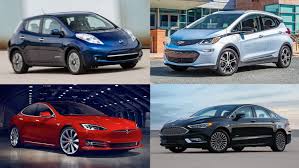First critics were the capabilities of the Tesla electric truck Semi
 A study by Transport and Environment, a consortium of European environmental organizations, compared energy consumption and the environmental impact of conventional diesel trucks and their all-electric counterparts.
A study by Transport and Environment, a consortium of European environmental organizations, compared energy consumption and the environmental impact of conventional diesel trucks and their all-electric counterparts.
Two different diesel trucks were used for the study: one with an average consumption of 33 l/100 km and a more economical one with a consumption of 22 l/100 km.
The study showed that diesel trucks consume 2.2 to 3.3 kWh per kilometer, which is much higher than the average electric truck, which requires 1.44 kWh per kilometer. Electric vehicles designed from the ground up with maximum efficiency in mind, such as Tesla Semi, require only 1.15 kWh per km. the Authors of the study concluded that in General, the use of fully electric trucks reduces energy consumption by 1.5-2.9 times.
Fully electric trucks are also superior to diesel in efficiency. The study showed that the diesel engine has an efficiency of 20-45% on long-distance routes and only 10% in urban transport. For comparison, electric trucks have an efficiency of 90% on long routes and 75% in urban traffic.
However, almost immediately the study found critics, the first of which was a technical specialist from the University of Munich Marcus Lienkamp, who strongly disagrees with the conclusions.
According to him, Tesla Semi for long-term transportation is now meaningless in the economic and environmental aspect, since such a truck should have a battery capacity of about 1000 kWh or for every 100 kilometers about 130 kWh. Technically, this is not easy to implement, and given that the energy for it comes from a power plant running on fossil fuels, the overall efficiency quickly drops to 40%. The truck will be effective on long routes only if 80 or 90% of the electricity comes from renewable sources, as it is planned in the EU for 2040.
We will remind, recently Tesla used a Semi electric truck for delivery Model X customers.




